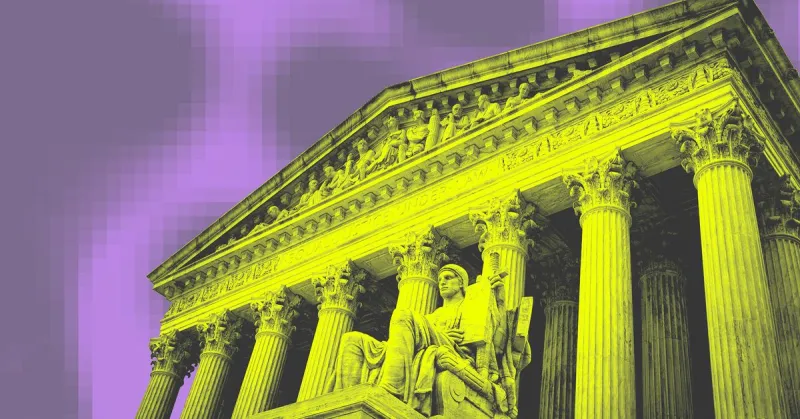
Supreme Court to Rule on America's Low-Income Broadband Fund
Short summary:
The Supreme Court has agreed to hear arguments on a case that could impact the funding for the Universal Service Fund (USF), a major broadband subsidy program. The case centers on whether the FCC's role in setting funding rates for telecommunications companies violates constitutional principles.
The Supreme Court has agreed to hear a pivotal case concerning the funding structure of the Universal Service Fund (USF), a major broadband subsidy program managed by the Federal Communications Commission (FCC) and a nonprofit entity, the Universal Service Administration Company (USAC). The case consolidates challenges from Consumers’ Research against the FCC and another coalition, questioning whether Congress improperly delegated lawmaking authority to the FCC and whether the FCC granted excessive control to USAC. This decision follows a ruling by the Fifth Circuit Court of Appeals that declared the USF’s funding model unconstitutional, citing broader concerns about regulatory overreach.
The case carries significant implications for the FCC’s authority and the future of the USF, which supports broadband and telecommunications access for low-income and rural communities, schools, and libraries. It also follows the Supreme Court’s recent rejection of the Chevron doctrine, which traditionally afforded agencies deference in interpreting ambiguous laws. Critics argue that the Fifth Circuit’s ruling threatens decades-long efforts to ensure affordable communications for underserved populations and vital institutions, potentially jeopardizing the continuity of these essential services.
Industry groups have expressed concern over the constitutional challenges, emphasizing the potential disruption to longstanding universal service programs. They argue the Fifth Circuit ruling conflicts with Supreme Court and circuit court precedents, urging the Court to safeguard programs critical to millions of Americans. The Supreme Court has also requested additional briefings on whether the case is moot, given procedural details in earlier litigation, as it prepares to evaluate this high-stakes regulatory issue.